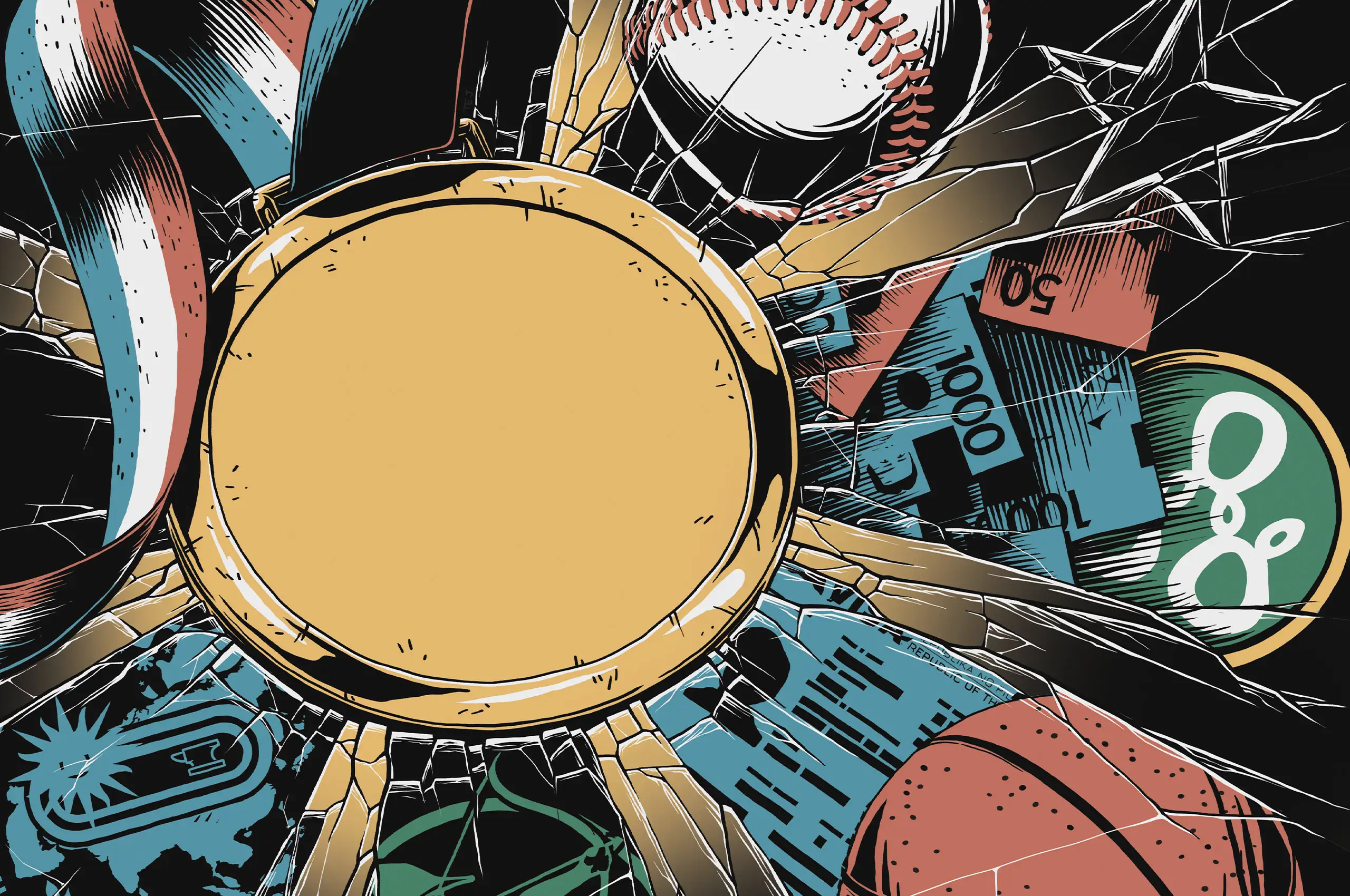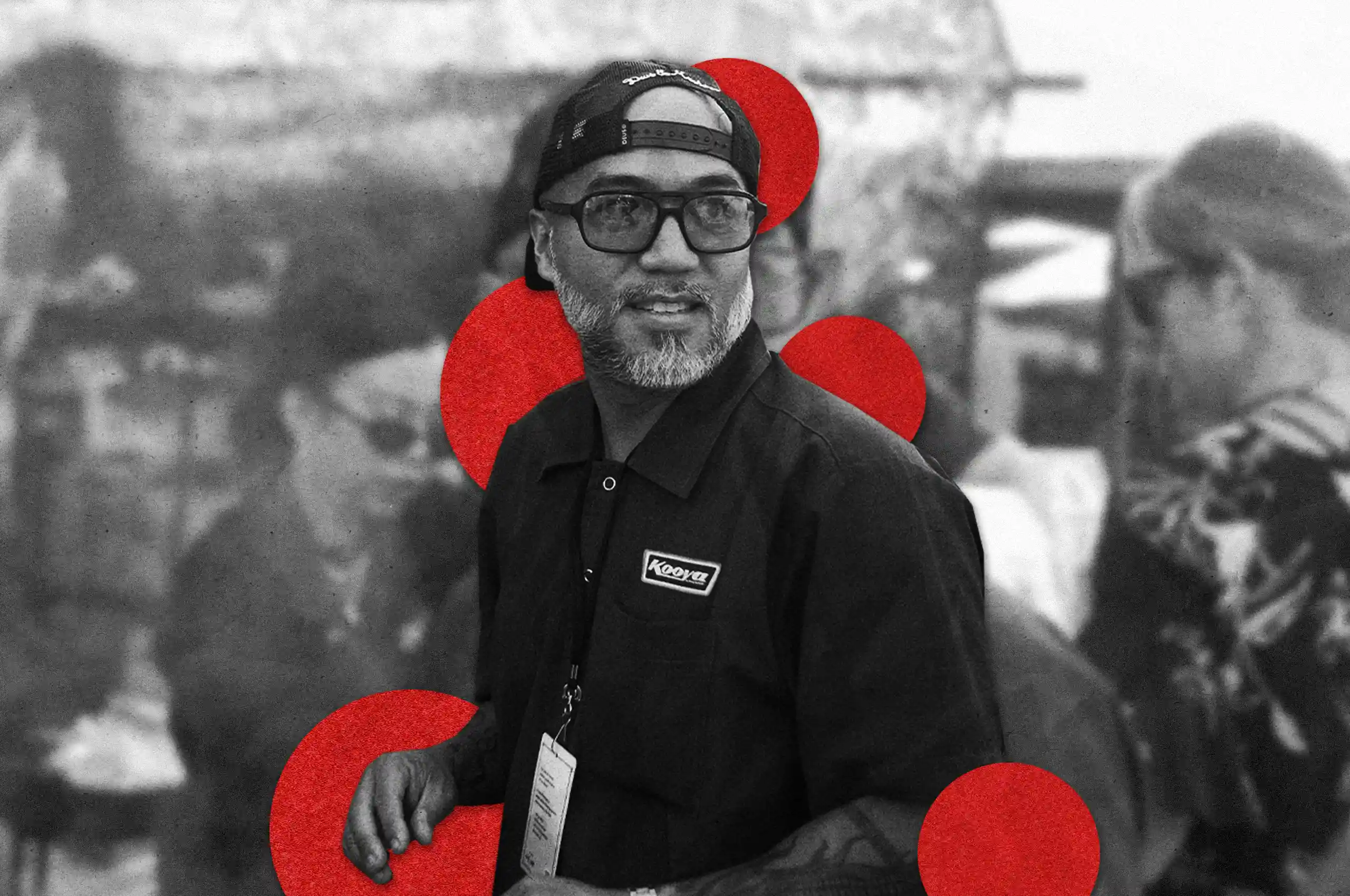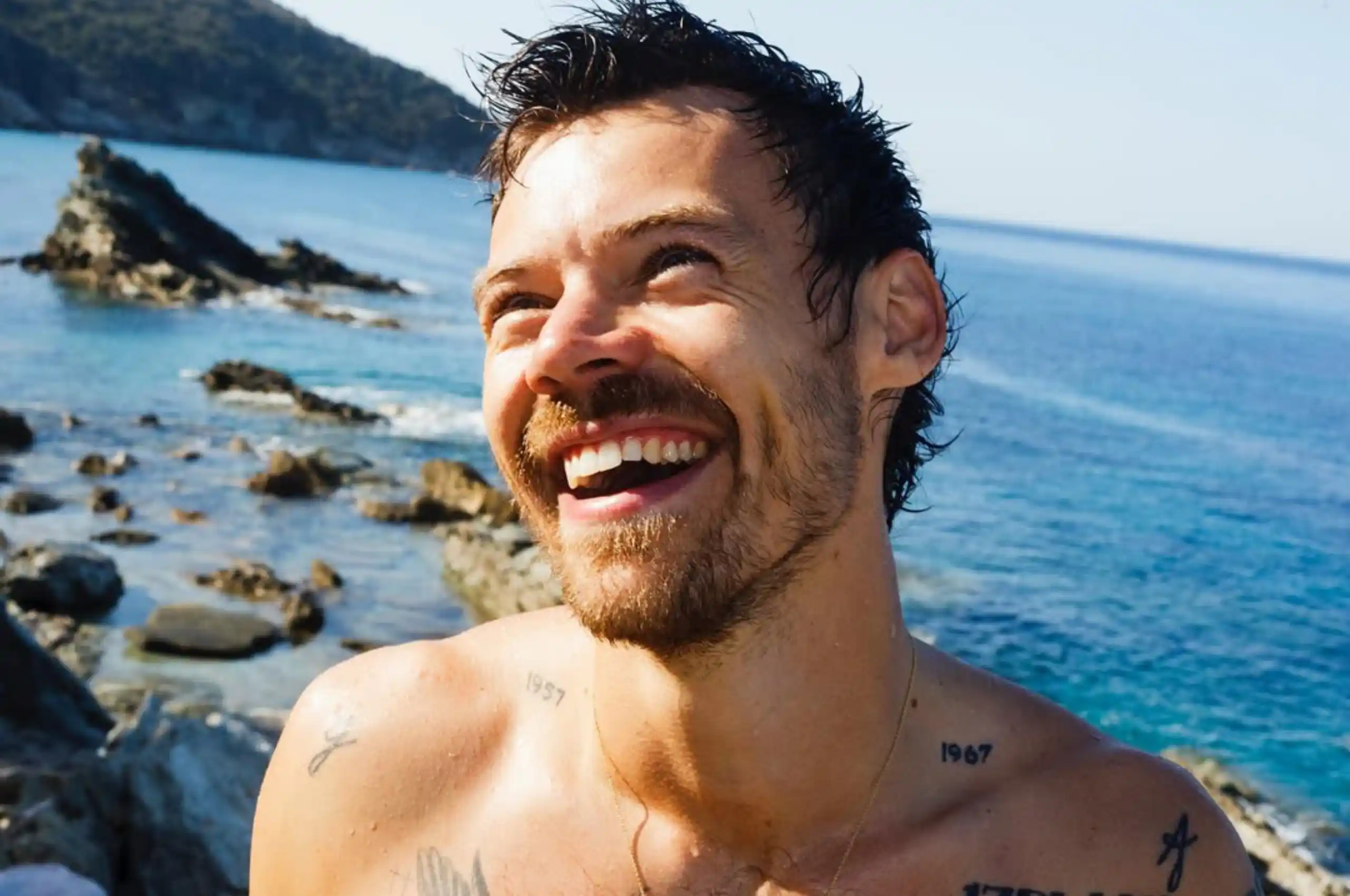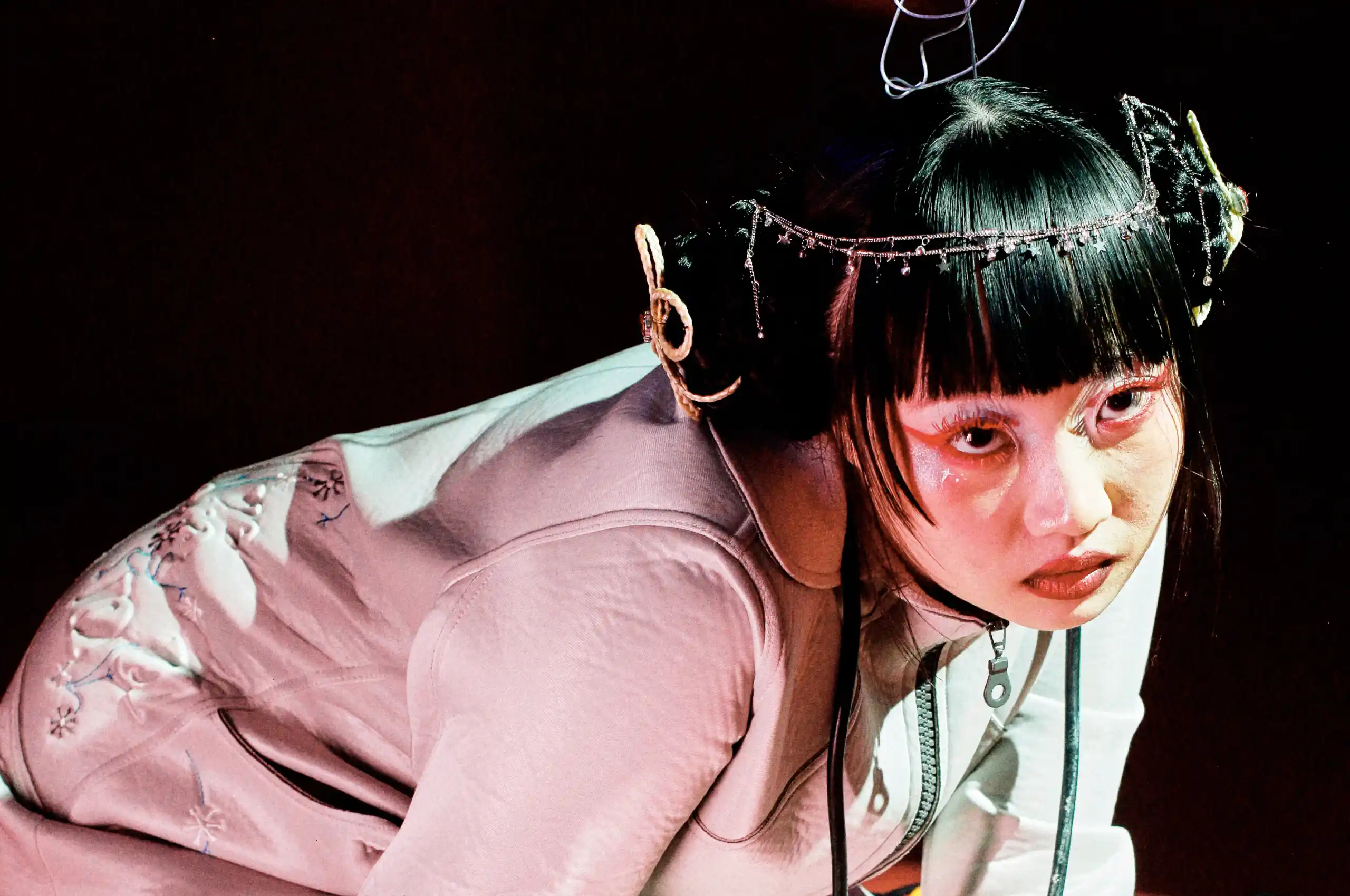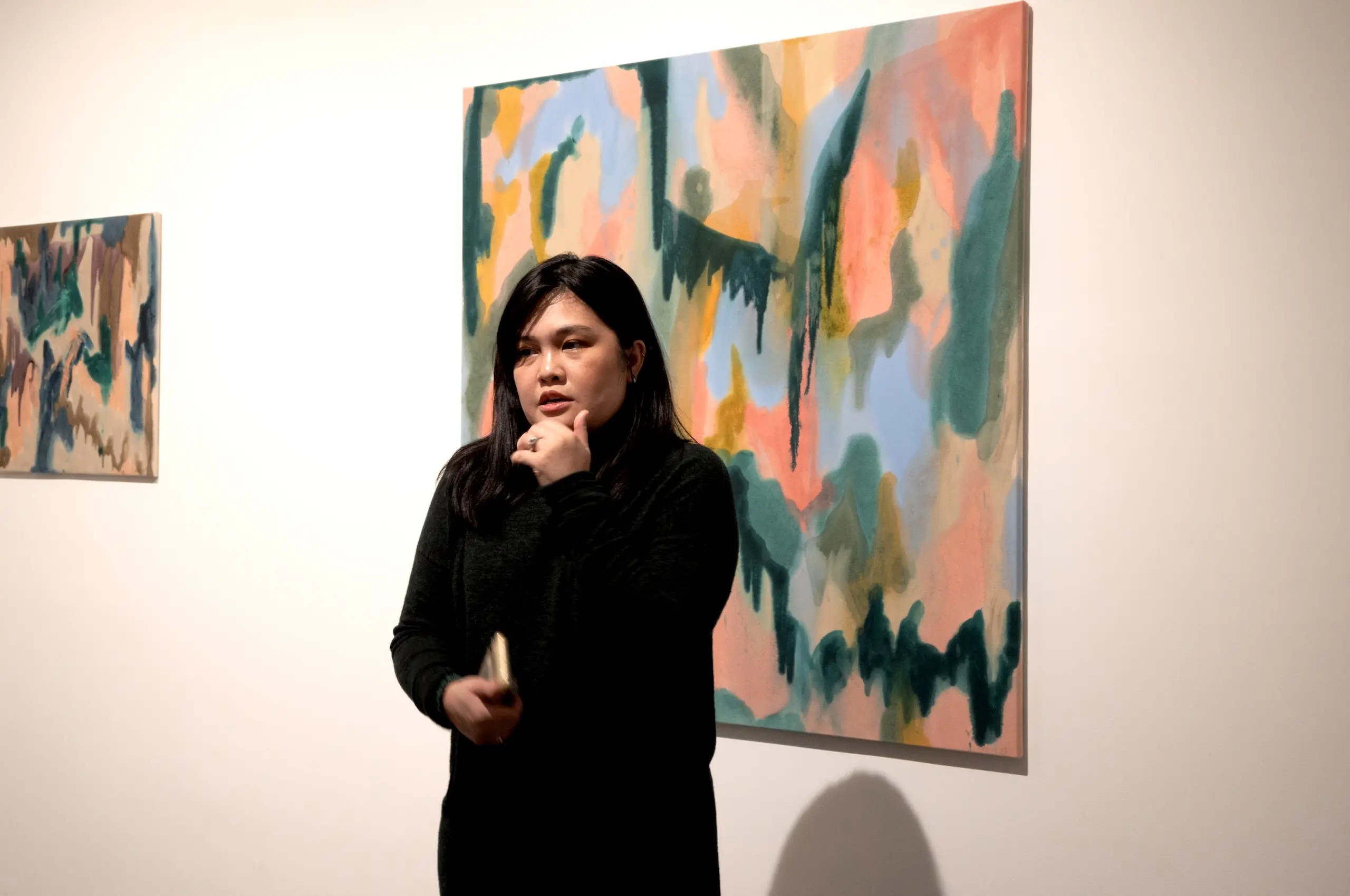Following sports is a favorite Filipino pastime. Whether it’s due to our innate competitive spirit or how we regard ourselves as eternal underdogs, sports can bring out our natural desire to dream big and emerge victorious. So much so that our most popular athletes — even the ones past their prime — have managed to blur the lines between sports, showbiz, and politics. But we digress.
With the continuous growth of various sports in the country — yes, we’re no longer all about basketball, or boxing — the last decades or so have not been short of great moments, both good and bad. Just as we celebrate the highs, so should we also remember the not-so-proud times, which have equally helped shift our mindset and policies to improve the game, from grassroots development to decentralization and even immigration.
Here are three of the most scandalous, most industry-changing incidents in modern Philippine sports history that rocked our nation.
EJ Obiena vs. PATAFA (2021)
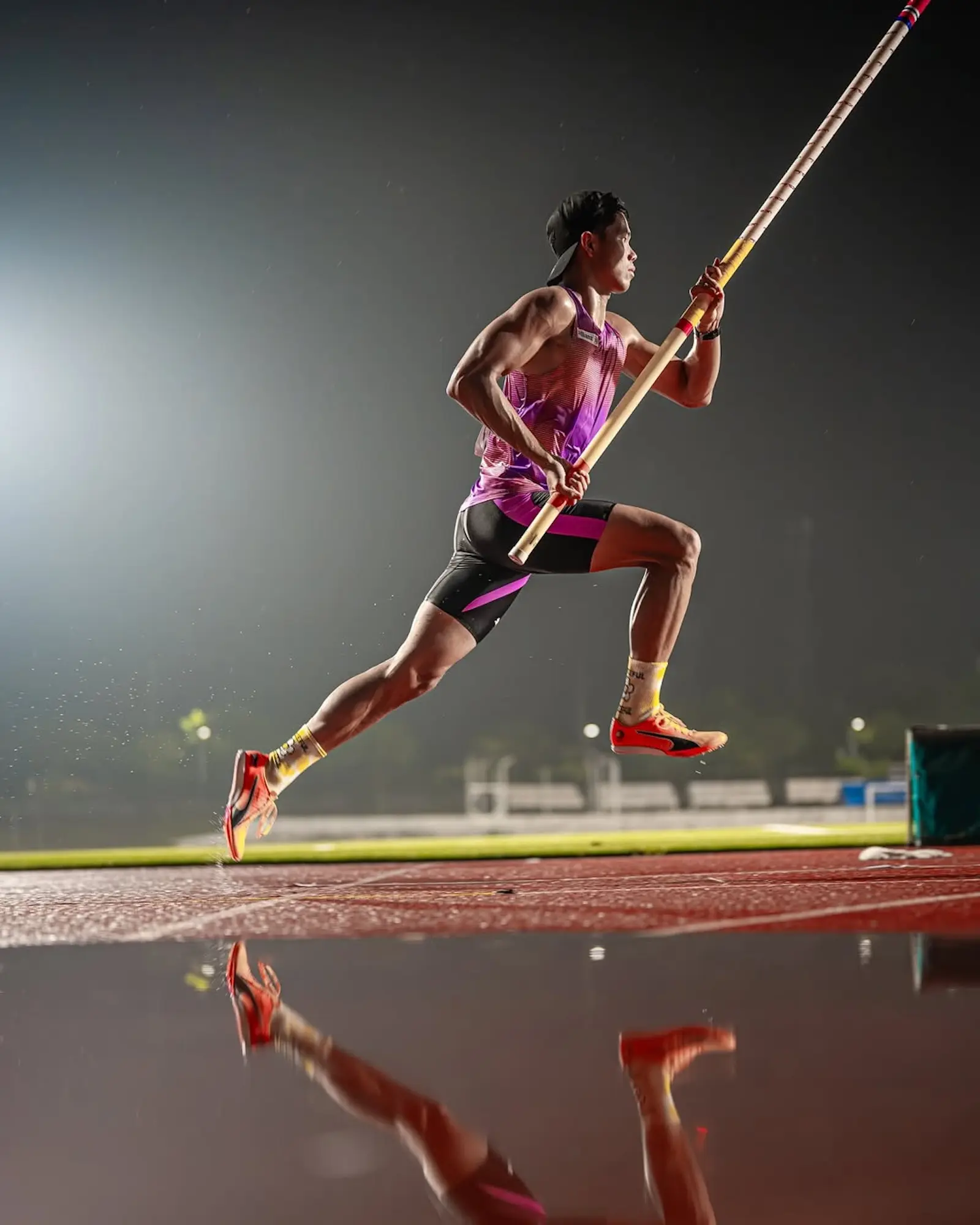
There have not been that many breakout stars in track and field since Elma Muros and the late great Lydia de Vega. So when a young and charismatic pole vaulter, Ernest John “EJ” Obiena, broke into the international scene in the late 2010s and steadily rose to become Asia’s best, shock came in late 2021, when a bitter public feud with his parent federation, the Philippine Athletics Track and Field Association (PATAFA), cast a dark shadow over his burgeoning career.
Obiena was set to compete in the 2022 Southeast Asian Games when PATAFA accused him of estafa concerning late payments to his coach Vitaly Petrov. Due to the incessant media coverage and the public’s demand to investigate the matter, lawmakers and the Philippine Olympic Committee decided to intervene.
On March 30, 2022, Obiena’s name was finally cleared, exposing the internal politics hampering Philippine athletics. Nonetheless, vindication was sweet for Obiena, as less than two months later, he bagged a gold medal at the SEA Games in Hanoi, Vietnam, and a mere two years after that, placed 4th at the Paris Olympics.
The PBA ‘Fil-Shams’ (Early 2000s)
Perhaps in an attempt to spice things up and elevate the level of competition, around the late 1990s, the Philippine Basketball Association (PBA) welcomed an influx of Fil-foreign (half Filipino) players into the league.
Fans were introduced to eventual stars, some of whom even became national players and Hall of Famers. Athletes such as Ali Peek, Eric Menk, Sonny Alvarado, Danny Siegle, Asi Taulava, Jayjay Helterbrand, Jimmy Alapag, and Mark Caguioa were part of the Fil-foreign wave that would become PBA legends in their own right. And why not? This different breed of ballers brought in a new brand of entertainment for fans.
However, it would take only a few seasons before authorities started questioning their legitimacy. Through the Senate Committee on Games, Amusements, and Sports, the PBA investigated whether or not the documents of certain Fil-foreign players were authentic. This controversy hounded
the entire league so much that it caused a rift between the locals and the Fil-foreigners. Several years and a few deportations later, only one player, the Puerto Rican Alvarado, was found to have falsified his papers, thereby lying about his Filipino roots. He never set foot on the PBA hardcourt ever again.
In 2021, the PBA decided to make the rules less stringent and increased the Fil-foreign quota to seven per team, perhaps in the hopes of reviving the days gone when the arrival of Fil-foreigners set the league on fire, whether critics admitted it or not.
La Salle Basketball’s UAAP Suspension (2006)
The De La Salle University (DLSU) Green Archers are considered one of the best college basketball programs in the country. The team, which joined the University Athletic Association of the Philippines (UAAP) in 1986, made an immediate impact by earning their first two consecutive championships in 1989 and 1990.
Since 1998, the Green Archers appeared in the finals seven out of eight times and won five championships out of those seven finals stints. DLSU’s dominance from 1998 onwards was undeniable — until a revelation in 2005 rocked the university and the entire UAAP. News broke of two of their players, Mark Benitez and Tim Gatchalian, falsifying school documents during the 2003-2004 season.
This not only led to a one-year suspension for both the DLSU men’s and boys’ teams for the 2006 season, but also the stripping off of the men’s 2004 championship and 2005 runner-up trophies. It was arguably the most publicized scandal at the collegiate level to date, raising debates over the ethics of turning collegiate basketball into a business under the guise of school spirit. Likewise, it formed doubts over the credibility of the DLSU basketball program. However, questions were put to rest when they went on to win the championship upon their return to the league in 2007.
Find the rest of this list in our second print issue. Available to purchase at sarisari.shopping.
Get digital access to Rolling Stone Philippines magazines here.


